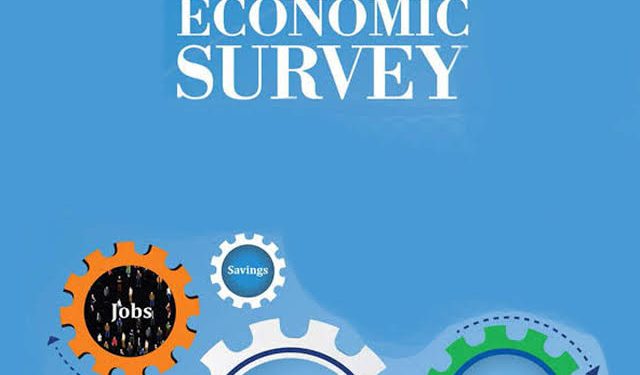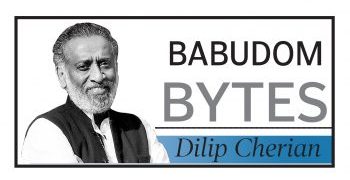New Delhi: India requires ‘pro-business’ policies to fulfill its aspiration to become a $5 trillion economy, the Economic Survey 2019-20 said Friday.
The survey was tabled in Parliament by Finance and Corporate Affairs Minister Nirmala Sitharaman.
“India’s aspiration to become a $5 trillion economy depends critically on promoting pro-business policies that provide equal opportunities for new entrants,” the survey said.
The government has set a target of expanding the Indian economy to $ 5 trillion in five years. This is considered a difficult task given the GDP growth slowing 4.5 per cent in the second quarter of FY20.
Chief Economic Advisor K.V. Subramanian, however, said the target remained intact and India would reach the planned $5 trillion mark by 2025.
“No change in the deadline (for achieving the 5 trillion dollar economy)”, he said at a press conference after the Economic Survey 2019-20 was presented in Parliament.
According to the CEA, there is a slowdown in investment, demand and consumption as well.
The previous Economic Survey had called for bright prospects for economic growth making its theme on enabling a “shifting of gears”, “to achieve the objective of becoming $5 trillion economy by 2024-25, as laid down by the Prime Minister”.
On the contrary, the current Economic Survey has put current fiscal year 2019-20’s growth rate at 5 per cent (from the earlier projected 7 per cent) while estimating economic growth at 6-6.5 per cent in the fiscal year starting April 1 (2020-21). The survey had projected 7 per cent GDP growth for the current fiscal in the July Budget.
The survey further said that pro-business policies increase competition, correct market failures, or enforce business accountability, whereas pro-crony policies hurt markets.
“Such policies may promote narrow business interests and may hurt social welfare because what crony businesses may want may be at odds with the same. For example, crony businesses may lobby the government to limit competition in their industry, restrict imports of competing goods or reduce regulatory oversight,” it said.
“These initiatives enhance the lobbying group’s income, but undermine markets and reduce aggregate welfare. Thus, pro-crony policy can inadvertently end up being hurtful to businesses in general.”
However, the survey said pro-business policies, for example, those that make it easy to start a business, register property, enforce contracts, obtain credit, bid for natural resources, get permits, and resolve insolvency help firms to function effectively and thereby enable competitive markets.
The survey pointed out that economic events since 1991 provide powerful evidence supporting this crucial distinction.
It stated that creative destruction has increased significantly after reforms of 1991.
“The liberalization of the Indian economy in 1991 unleashed competitive markets and enabled the forces of creative destruction, generating benefits that we still witness today,” the pre-Budget survey said.
“Creative destruction brings new innovations in the market that serve people better than the old technologies they displace. It brings new firms into the markets, which compete with existing firms and lower prices for consumers.”
(IANS)







































